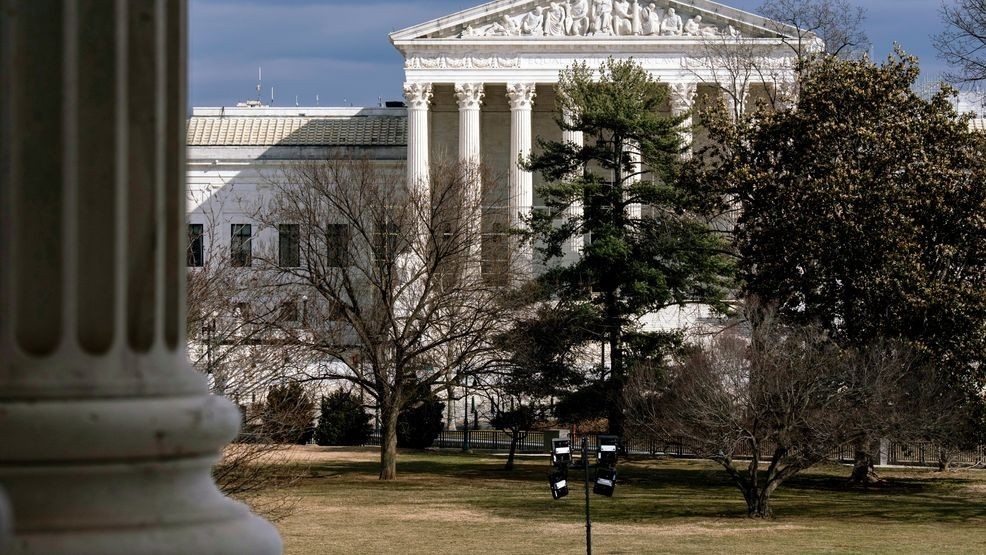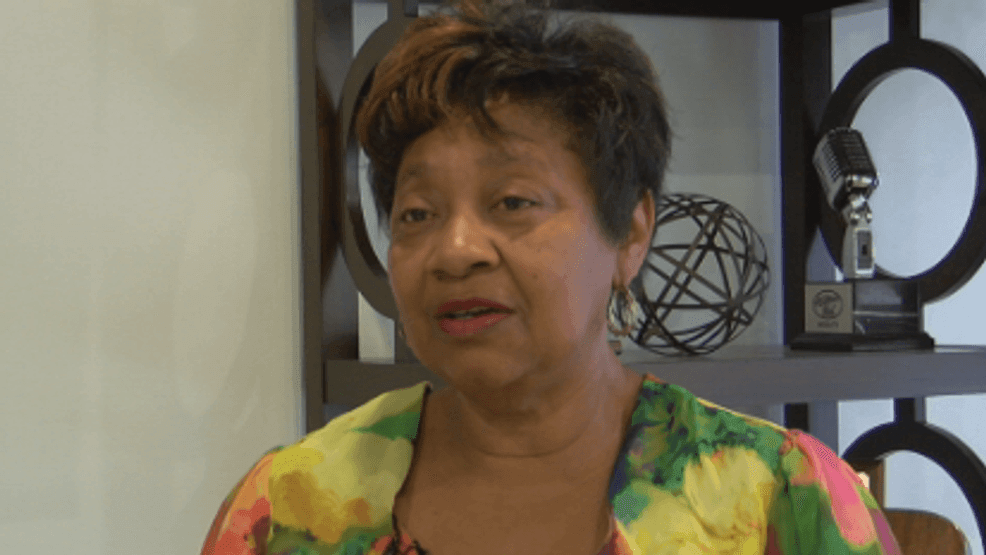Description
WASHINGTON (TNND) — A judge ruled against a former transgender athlete in Idaho who attempted to drop her lawsuit slated for arguments at the Supreme Court this year. over the state’s first-in-the-nation ban on transgender athletes playing girls’ and women’s sports.
U.S. District Judge David Nye this week rejected former Boise State student Lindsay Hecox’s motion to dismiss her lawsuit challenging Idaho’s ban on transgender athletes. Hecox sued the state in hopes of trying out for the school’s cross-country team in 2020 in a legal battle that reached the Supreme Court after justices agreed to take up the case in July.
Hecox sought to withdraw her lawsuit after the Supreme Court agreed to hear the case, citing “negative public scrutiny” because of the litigation and wanting to focus on “academic and personal goals.”
“Ms. Hecox has also come under negative public scrutiny from certain quarters because of this litigation, and she believes that such continued – and likely intensified – attention in the coming school year will distract her from her schoolwork and prevent her from meeting her academic and personal goals,” her attorneys wrote in a filing to the Supreme Court.
Idaho Attorney General Raul Labrador and the Alliance Defending Freedom, a legal group representing the defense, fought the attempt to drop the case, arguing that the issue is still live and the attempt to drop it violated a stay.
Nye ruled against Hecox, saying her attorney’s arguments to have the case dropped were “somewhat manipulative to avoid Supreme Court review.”
"[Idaho] has a fair right to have its arguments heard and adjudicated once and for all." And that, "[T]he Court feels {Hecox’s} mootness argument is, as above, somewhat manipulative to avoid Supreme Court review and should not be endorsed,” Nye wrote in his decision.
The Supreme Court is also weighing a similar request and will have to issue a ruling on whether the case it moot based on Hecox’s case to drop the lawsuit. Regardless of the court’s decision on whether to continue hearing arguments, it will get an opportunity to directly weigh in on the issue of transgender athletes in women’s sports.
The case out of Idaho, Hecox v. Little, is one of two cases the high court agreed to take up on the constitutionality of laws banning transgender athletes from playing girl’s and women’s sports. The other, BPJ v. West Virginia, involves a student in the state who challenged its transgender athlete ban passed in 2021.
Becky Pepper-Jackson, a West Virginia student who sued the state after it passed its transgender athlete law, arguing it violated protections against sex-based discrimination and the 14th Amendment guaranteeing equal protection under the law. A federal judge issued an order prohibiting the law from being enforced against her, and Pepper-Jackson joined her school’s girls’ cross-country and track teams.
The Supreme Court ruled in 2023 that she could keep competing while an appeal moved forward. Last year, a panel of appeals court judges blocked the law from being enforced against her.
Pepper-Jackson’s case is still on track to be heard at the Supreme Court, with arguments expected next year with a decision before the end of June.
The cases will be the first time the Supreme Court has directly weighed in on the controversies on transgender athletes playing girls’ and women’s sports.
Since 2020, 27 states have enacted laws banning transgender youth from playing sports in school athletics programs. Rulings on the cases could have significant effects for the Trump administration’s efforts to crack down on the issue.
Trump signed an executive order shortly after taking office directing federal agencies to withdraw funding from schools that allow transgender athletes to play girls’ and women’s sports. The White House and other Republicans have challenged states, organizations and schools that allow transgender athletes to continue competing in women’s sports.
Prior to the order, all the major sports associations like the NCAA and International Olympic Committee allowed transgender athletes to compete, typically requiring proof that athletes were taking hormones and puberty blockers. Some organizations also placed limits on testosterone levels, though the standards were not universal.
The most high-profile case involved the University of Pennsylvania, which made a deal with the administration to limit how transgender athletes participate in its athletics programs. It came after the federal government determined it had violated federal law on sex discrimination by supporting swimmer Lia Thomas.
After Trump’s February order, the NCAA barred transgender women from competing in women’s sports.
Other Related News
10/15/2025
MOULTRIE Ga WALB - The gates have opened at the 47th annual Sunbelt Ag Expo in Moultrie an...
10/15/2025
Milledgeville GA WGXA Baldwin County head basketball coach Ben Smith is known for motivati...
10/15/2025
MACON-BIBB COUNTY Ga WGXA A former Macon-Bibb Code Enforcement Officer allegedly violated...
10/15/2025
MACON Ga WGXA The Macon NAACP president has gained a new title after being elected in cha...
10/15/2025












